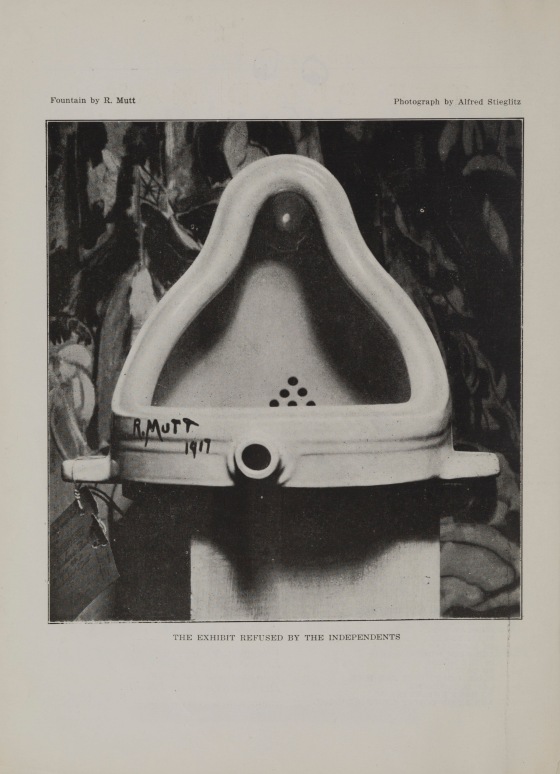School began to reveal itself, therefore, as a child’s game that one could not win, and boys dropped out of school and went to work. My father wanted me to do the same. I refused, even though I no longer had any illusions about what an education could do for me; I had already encountered too many college-graduate handymen. My friends were now “downtown,” busy, as they put it, “fighting the man.” They began to care less about the way they looked, the way they dressed, the things they did; presently, one found them in twos and threes and fours, in a hallway, sharing a jug of wine or a bottle of whiskey, talking, cursing, fighting, sometimes weeping: lost, and unable to say what it was that oppressed them, except that they knew it was “the man” — the white man. And there seemed to be no way whatever to remove this cloud that stood between them and the sun, between them and love and
life and power, between them and whatever it was that they wanted. One did not have to be very bright to realize how little one could do to change one’s situation; one did not have to be abnormally sensitive to be worn down to a cutting edge by the incessant and gratuitous humiliation and danger one encountered every working day, all day long. The humiliation did not apply merely to working days, or workers; I was thirteen and was crossing Fifth Avenue on my way to the Forty-second Street library, and the cop in the middle of the street muttered as I passed him, “Why don’t you niggers stay uptown where you belong?” When I was ten, and didn’t look, certainly, any older, two policemen amused themselves with me by frisking me, making comic (and terrifying) speculations concerning my ancestry and probable sexual prowess, and for good measure, leaving me flat on my back in one of Harlem’s empty lots. Just before and then during the Second World War, many of my friends fled into the service, all to be changed there, and rarely for the better, many to be ruined, and many to die. Others fled to other states and cities — that is, to other ghettos. Some went on wine or whiskey or the needle, and are still on it. And others, like me, fled into the church.
For the wages of sin were visible everywhere, in
every wine-stained and urine-splashed hallway, in every clanging ambulance bell, in every scar on the faces of the pimps and their whores, in every helpless, newborn baby being brought into this danger, in every knife and pistol fight on the Avenue, and in every disastrous bulletin: a cousin, mother of six, suddenly gone mad, the children parcelled out here and there; an indestructible aunt rewarded for years of hard labor by a slow, agonizing death in a terrible small room; someone’s bright son blown into eternity by his own hand; another turned robber and carried off to jail. It was a summer of dreadful speculations and discoveries, of which these were not the worst. Crime became real, for example — for the first time — not as a possibility but as the possibility. One would never defeat one’s circumstances by working and saving one’s pennies; one would never, by working, acquire that many pennies, and, besides, the social treatment accorded even the most successful Negroes proved that one needed, in order to be free, something more than a bank account. One needed a handle, a lever, a means of inspiring fear[my emphasis]. It was absolutely clear that the police would whip you and take you in as long as they could get away with it, and that everyone else — housewives, taxi-drivers, elevator boys, dishwashers, bartenders, lawyers, judges,
doctors, and grocers — would never, by the operation of any generous human feeling, cease to use you as an outlet for his frustrations and hostilities. Neither civilized reason nor Christian love would cause any of those people to treat you as they presumably wanted to be treated; only the fear of your power to retaliate would cause them to do that, or to seem to do it, which was (and is) good enough.



